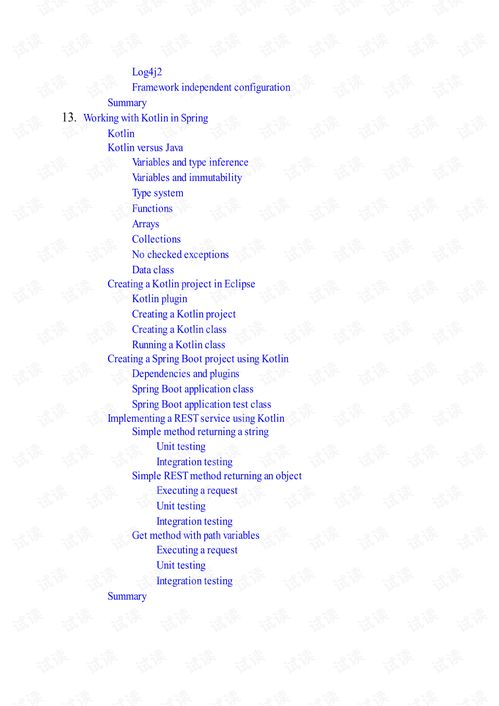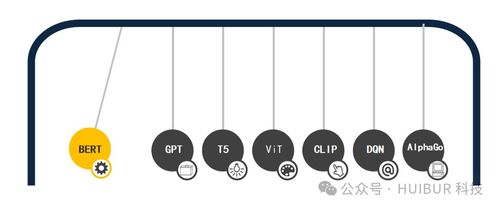Content:
Introduction: Fishing is an art that requires patience, skill, and a bit of luck. One of the most frustrating experiences for anglers is losing a fish after a successful hook-up, often due to the fish slipping off the hook. This article aims to provide you with valuable tips and tricks to help you minimize the chances of losing fish during your fishing adventures.
Choosing the Right Equipment: The first step in avoiding lost fish is to ensure you have the right equipment. Here are some key factors to consider:
a. Hooks: Select hooks that are the appropriate size for the fish you are targeting. Too small, and the fish may not hold onto them; too large, and the fish may not be able to swallow the bait.
b. Line: Use a line that is strong enough to handle the size and strength of the fish you are targeting. Overly thin line can break under the stress of a strong fish, leading to a lost catch.
c. Lures and Bait: Choose lures and bait that are suitable for the species you are fishing for. Using the right lure or bait can increase your chances of hooking and keeping the fish.

Proper Hooking Technique: a. Use a sharp hook: A dull hook is more likely to be pulled out by the fish, so make sure your hooks are sharp.
b. Hook the bait correctly: Depending on the type of bait you are using, ensure it is properly secured on the hook. For live bait, make sure the hook is set in the mouth or through the back of the fish. For artificial lures, ensure the hook is set deeply enough to hold the fish.
c. Avoid overcrowding the hook: Overly large baits or multiple hooks can cause the fish to become disoriented or to break free, leading to a lost catch.
Handling the Fish: a. Keep the fish in the water: When you hook a fish, try to keep it in the water as much as possible. This reduces the stress on the fish and makes it less likely to escape.
b. Avoid excessive reeling: When reeling in a fish, be gentle and avoid sudden movements. Sudden reeling can cause the fish to become tangled or stressed, increasing the likelihood of it slipping off the hook.
c. Support the fish: Use your hands to support the fish when landing it. Place your hand under the fish's belly and use your fingers to keep it stable. This helps prevent the fish from wriggling free.
Proper Landing Technique: a. Keep the line tight: As you bring the fish to the boat or shore, keep the line tight but avoid pulling too hard. This keeps the fish from escaping.
b. Use a landing net: A landing net is an excellent tool for landing fish without causing additional stress. Place the net under the fish and gently scoop it up, then carefully transfer the fish to the boat or shore.
c. Avoid handling the fish unnecessarily: Once the fish is landed, avoid unnecessary handling. The more time you spend with the fish out of the water, the greater the risk of it slipping off the hook.
Maintaining Your Equipment: a. Regularly check your hooks: Ensure your hooks are sharp and free of burrs or rust. Dull or damaged hooks are more likely to be pulled out by the fish.
b. Inspect your line: Look for any signs of wear or damage in your line. Frayed or weak spots can lead to line breakage and lost fish.
Patience and Practice: Lastly, remember that fishing is a skill that takes time to develop. The more you fish, the better you will become at avoiding lost fish. Practice your techniques and always be prepared to adapt based on the conditions and the fish you are targeting.
Conclusion: By following these tips and tricks, you can significantly reduce the chances of losing fish during your fishing outings. Remember, the key is to use the right equipment, employ proper hooking and handling techniques, and maintain your gear. With patience and practice, you'll be well on your way to becoming a more successful angler. Happy fishing!












